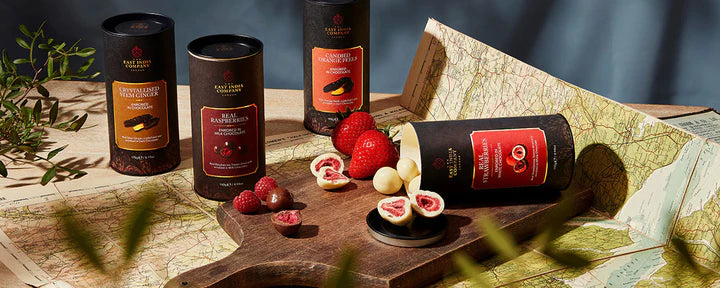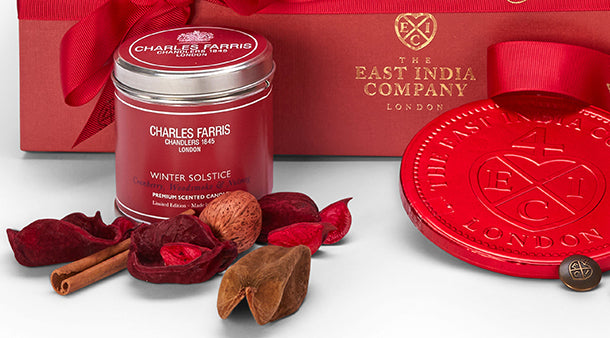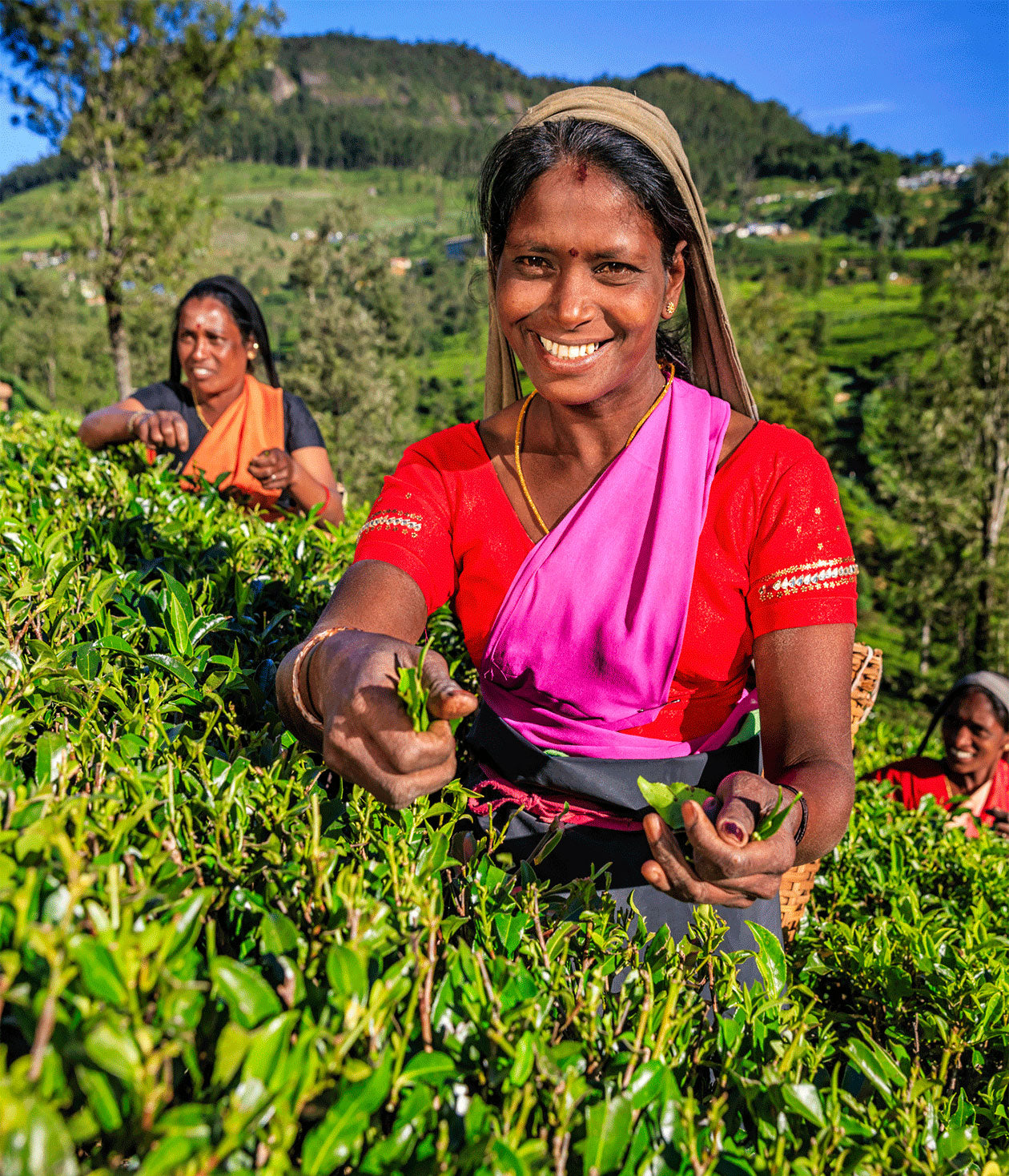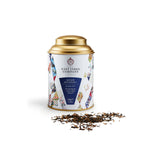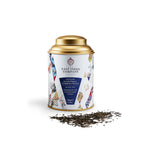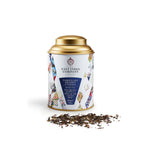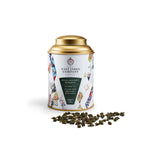Stories
What makes Black Tea black?
Step 1 - ‘Withering’: the leaves are spread out in warm air for up to a day to reduce the water content by about 20%. The leaves wilt and lose some of the vibrant green colour.
Step 2 - ‘Rolling’: the wilted leaves are soft and malleable and are placed in an ‘orthodox’ rolling machine. It presses the leaf and breaks down the cell walls, releasing the enzymes required to start the oxidation process. Sometimes the leaf is broken more by a rotavane ‘mincing’ machine that produces smaller grades of tea. If a very small teabag grade is required, a Cut-Tea-Curl machine is used.
Step 4 - ‘Firing’: the oxidised tea is fed into a dryer at about 120 Celsius. This does 3 things - it destroys the enzymes, so oxidation stops; secondly it removes nearly all the water [about 3% remains]; and thirdly, it darkens the colour from light brown to dark to almost black, depending on the length of firing.
Step 5 - Sorting: tea exits the firing process in different sizes, which will complicate brewing - hence the last stage of the process is grading – fired tea is poured into the top of a sifting machine with different mesh sizes from top to bottom. It vibrates and the different sized tea leaves are separated as the tea travels from top to bottom, the biggest leaves being left the top.

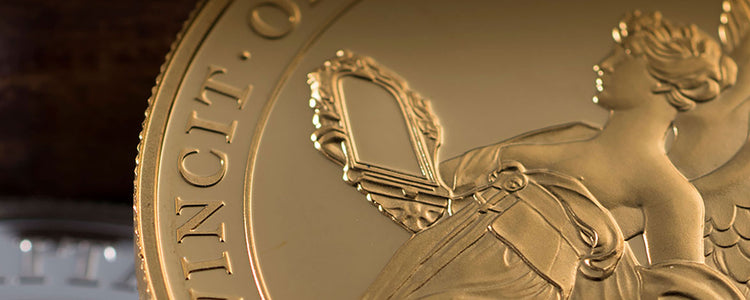
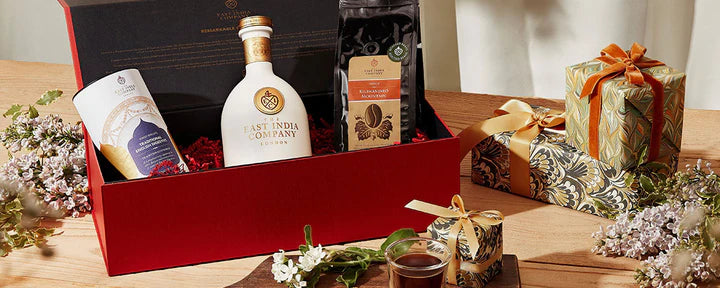
 Ceylon / Sri Lanka
Ceylon / Sri Lanka Assam, India
Assam, India Japan
Japan Taiwan
Taiwan Nepal
Nepal China
China Kenya
Kenya Egypt
Egypt South Africa
South Africa